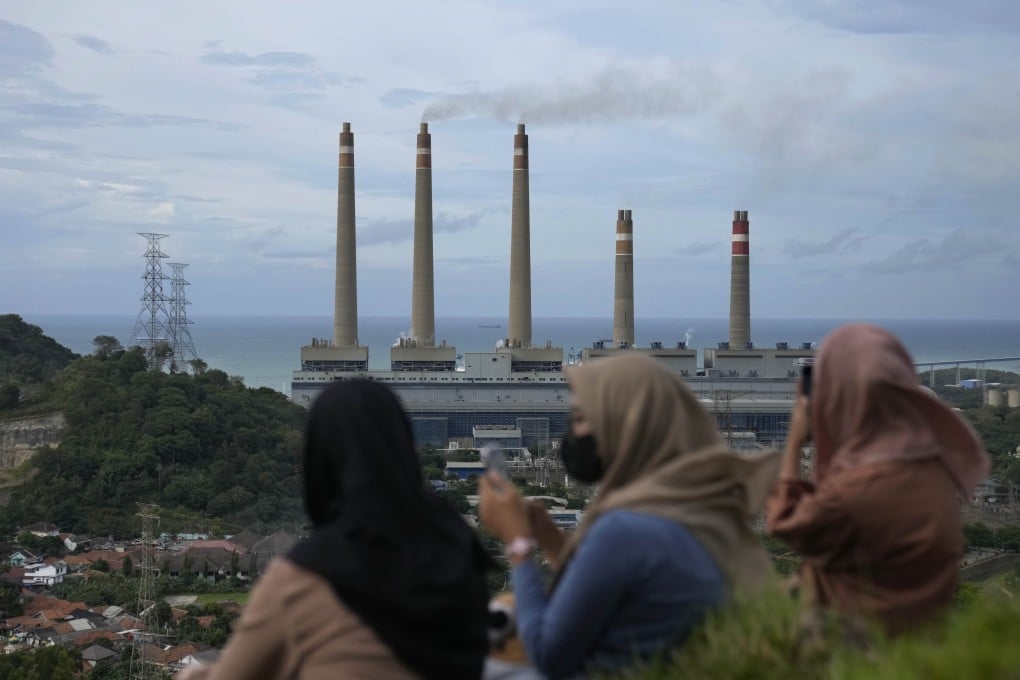Advertisement
Opinion | Indonesia can’t afford to abandon coal as it shifts to greener energy
Phasing down coal and investing in renewable energy can ensure energy security and economic stability while creating a greener future
Reading Time:3 minutes
Why you can trust SCMP
2

Coal is a highly debated topic in the green energy transition. As countries shift towards cleaner and more sustainable energy sources, the role of coal is being questioned because of its environmental impact and how it serves as a disincentive to use renewable energy.
The debate centres on what role coal should play and whether it would be better to hasten its retirement in favour of renewable alternatives. Its reliability as a baseload power source and vast reserves in certain parts of the world make it difficult for some countries to phase out coal entirely.
This balancing act between energy security, economic impact and environmental responsibility makes coal a contentious issue in the global push for a greener future. We will attempt to flesh out this context and illustrate the role of coal in Indonesia’s energy transition.
Advertisement
Indonesia is the world’s fourth-largest producer of coal, and as such this resource forms the backbone of the country’s energy grid and state revenue. This can be seen in the revenue created by the mineral and coal sector, which contributed about 173 trillion rupiah (US$10.9 billion) in non-tax state revenue in 2023, roughly 58 per cent of the national total.
Indonesia relies heavily on coal, a fuel which contributed more than 40 per cent of global carbon dioxide emissions growth in 2021. Even amid global pressure to phase out coal through initiatives such as those put forward at last year’s UN climate change conference, a gradual coal phase-down is more practical for Indonesia.
Advertisement
Indonesian President Prabowo Subianto has announced plans to retire all fossil fuel-driven power plants within the next 15 years. Meanwhile, state-owned power producer Perusahaan Listrik Negara aims to decarbonise electricity generation by introducing alternative fuels such as biomass, hydrogen and ammonia in coal-fired plants.
Advertisement
Select Voice
Select Speed
1.00x

